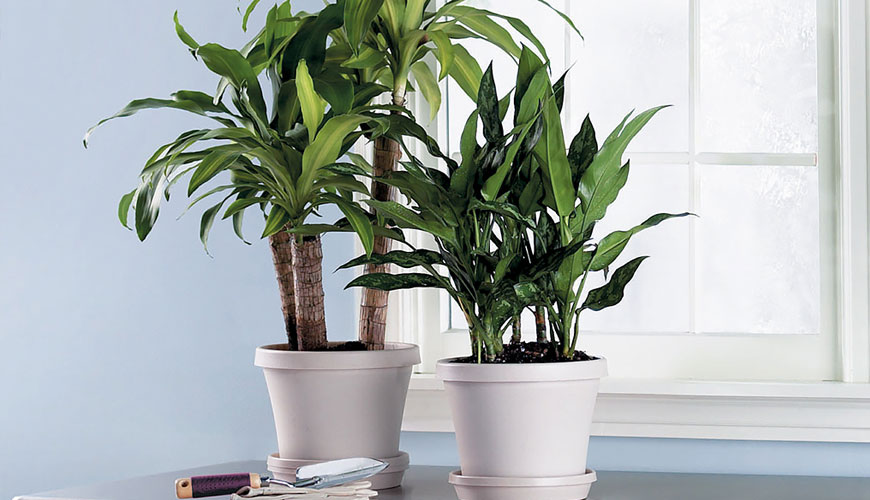

EUROLAB laboratory provides testing and compliance service within the scope of OECD 208 standard. OECD 208 is a terrestrial plant test that determines seedling formation and growth in composted material resulting from the biodegradation of a solid such as plastic. OECD 208 is used to determine whether composted material is toxic to plants.

The OECD 208 test method is used to verify that biodegraded and composted materials do not introduce toxic components into the compost. OECD 208 determines the comparative germination of two separate plant species.
Standard tests for OECD 208 take 14 to 21 days. Results are analyzed with method-determined thresholds for the percentage of seedling emergence that must be met for crop and non-crop species.
When testing is complete, emergence, biomass, and visual phytotoxicity measurements are recorded.
OECD 208 Phytotoxicity testing is an important part of biodegradation procedures for solid materials such as plastics because even if a material becomes compost, there are still concerns that the compost itself must remain usable and of high quality.
EUROLAB assists manufacturers with OECD 208 test compliance. Our test experts, with their professional working mission and principles, provide you, our manufacturers and suppliers, the best service and controlled testing process in our laboratories. Thanks to these services, businesses receive more effective, high-performance and quality testing services and provide safe, fast and uninterrupted service to their customers.
To get an appointment, to get more detailed information or to request an evaluation, you can ask us to fill in our form and reach you.